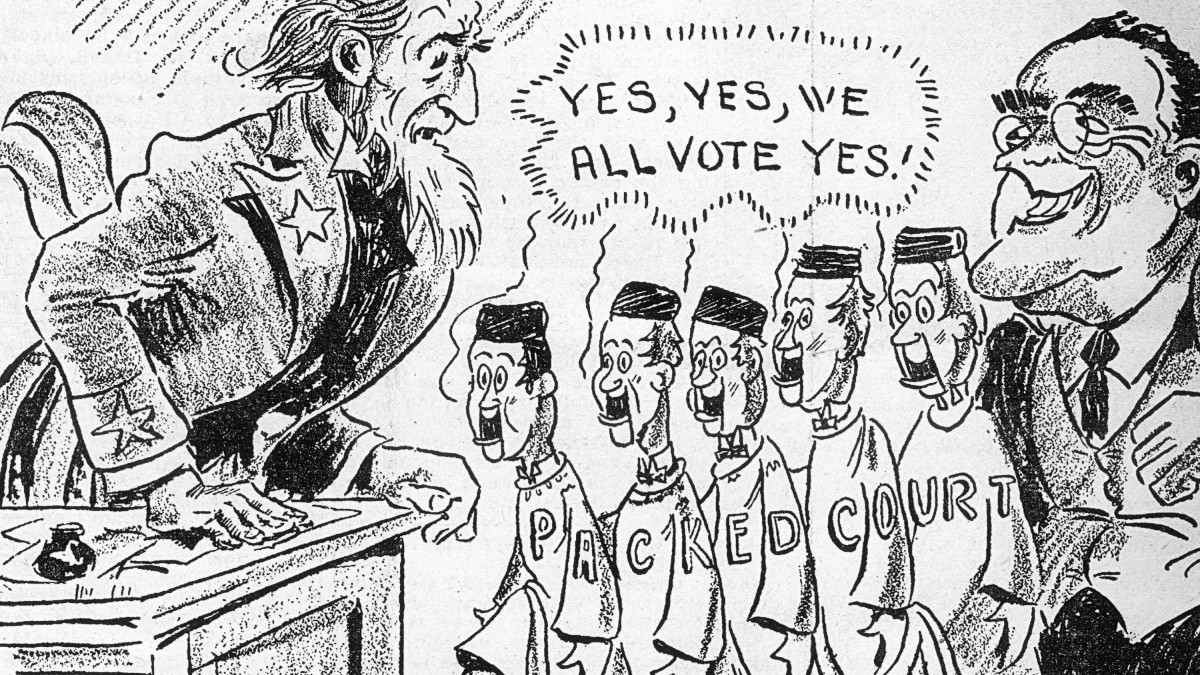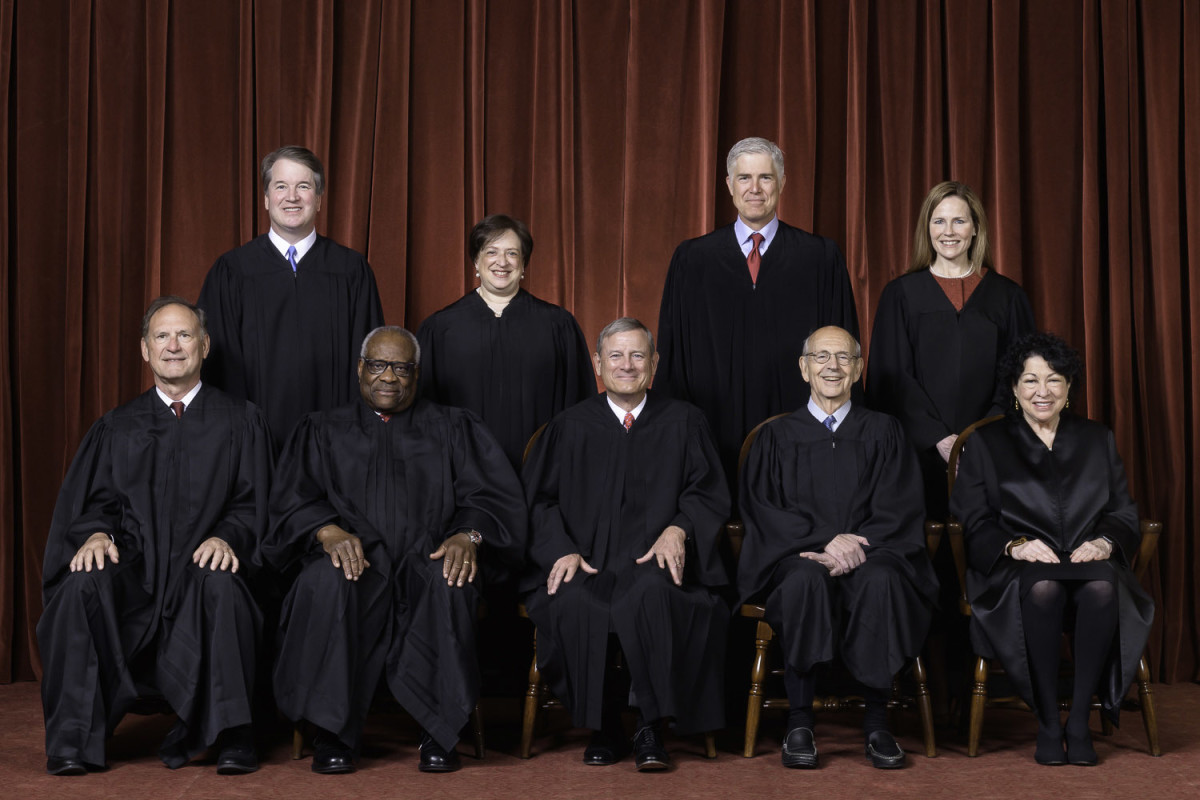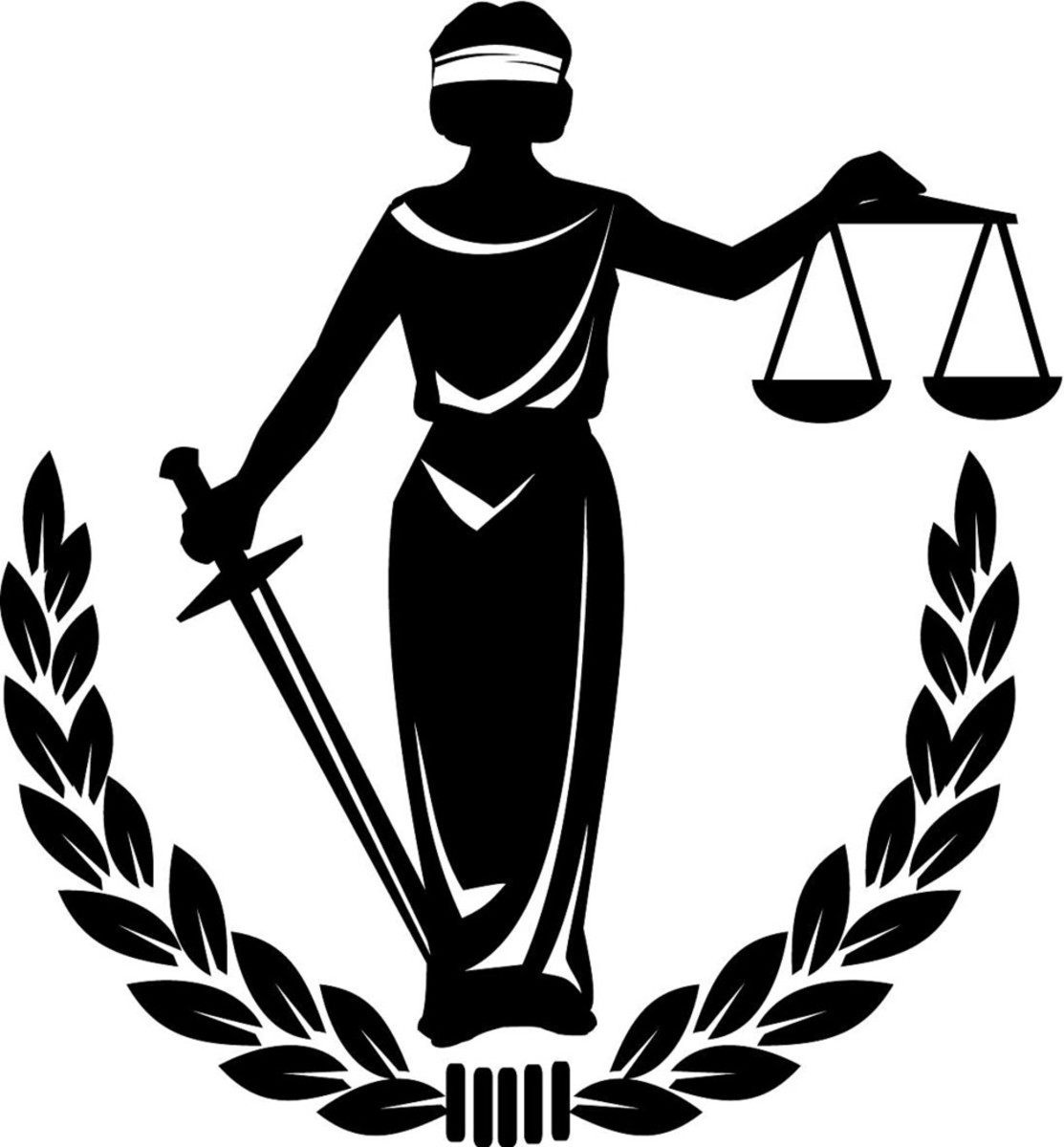Mormons Meddle and Destroy Marriage
Mormons Meddle and Destroy Marriage
THIS ARTICLE WAS WRITTEN AFTER PROPOSITION 8 WAS PASSED IN NOVEMBER 2008, THEREBY PROHIBITING GAY COUPLES FROM MARRYINGWRITTEN ON March 6, 2009
Almost four of every five dollars contributed to the campaign to eliminate gay marriage in the State of California was sent into this campaign from Mormons based in Utah. In total, the Church of Jesus Christ of Latter-day Saints (LDS) contributed more than 19 million dollars to this campaign. A prominent blogger summed up the actions of the Mormons with the following observation: "They just took marriage away from 20,000 couples and made their children bastards.”
Now the LDS has the effrontery – the unmitigated gall – to call upon the gay community for "healing" and “respect” following passage of Proposition 8 in California. Hell will freeze over before this happens.
Consider the following:
On May 15, 2008, the California Supreme Court handed down its decision in in re Marriage Cases, S147999. The court refused to stay its decision until the November 2008 elections, and this decision took effect on June 16, 2008. In this decision, the state high court held that all classifications on the basis of sexual orientation are "suspect," and mandated that gay persons be able to marry their spouses on the same terms as applies to heterosexual persons. Tens of thousands of gay couples obtained marriage licenses and were married before the elections of November 4, 2008. Because California has no residency requirement for marriage, and does not require that marriages performed in California be valid in the home states of non-residents, many couples travelled to California to exchange and solemnize their vows. Proposition 8 was enacted by a narrow margin of about 52% to 48%, and has the effect of overriding the state high court’s decision, thus prohibiting the recognition of gay marriages in the State of California.
California continues to offer “domestic partnerships” to gay couples; these partnerships are similar to “civil unions” offered by states such as Vermont and New Jersey, and grant to same-sex couples all of the state-level rights and privileges of marriage, in areas such as inheritance, insurance, state income tax, hospital visitation rights, etc.
Neither gay marriages nor domestic partnerships offer to gay couples the roughly 1,138 rights and benefits afforded heterosexual married couples under federal law, due to the restrictions on gay marriage imposed by the so-called “Defense of Marriage Act” (DOMA) of 1996. This measure prohibits the treatment of gay relationships as marriages for any purpose by the US federal government, even if such relationships are concluded or recognized as marriages by one or more of the states.
Some explanation of legal concepts is required in order to understand the meaning of the state high court’s determination.
Ordinarily, a statute that creates a classification (e.g., a statute that creates different classes of people, such as a statute that defines and provides for the punishment of murderers) enjoys the presumption of constitutionality. This is so because we live in a constitutional democracy. The courts generally accept the proposition that even improvident decisions will eventually be rectified by the democratic process. However, some forms of discrimination are so invidious and so destructive that any statute that creates classifications of this type (so-called “suspect” classifications) is subjected to "strict scrutiny." Strict scrutiny turns the presumption of constitutionality on its head – under this standard of review, a statute is presumed to be unconstitutional until the state proves, beyond a reasonable doubt, that the statute is not unconstitutional. Statutes that create racial classifications are the most well known statutes that proceed along suspect lines. It is widely recognized and understood that race is a characteristic that bears no relationship to the ability of people to contribute to society. Furthermore, racial minorities have been subjected to a long history of purposeful discrimination, and racial minorities have suffered a history of relative political powerlessness. This discrimination is triggered by a characteristic that is “immutable” (a person’s race cannot be changed).
Not all suspect classes involve “immutable” characteristics. The US Supreme Court recognizes four classifications that are suspect – race, alienage, national origin, and religion. Clearly, religion is not immutable; people can and do convert from one religion to another. Alienage is also a characteristic that can be changed; a resident alien can become a US citizen, and under some circumstances, a US citizen may surrender his or her citizenship and become an alien. Any classification that proceeds along suspect lines is presumed to be unconstitutional; when the state defends a statute that proceeds along suspect lines or that infringes on a “fundamental” constitutional right, the burden falls on the state to prove that such statutes serve a "compelling state interest" and that such statutes are "narrowly tailored" so as to promote that interest in the “least restrictive” manner possible (in terms of infringing on the rights of the group in question). Stated differently, the statute must promote a compelling state interest, and must sweep no more broadly than is absolutely necessary to promote the interest in question. The California Supreme Court recognizes additional suspect classes – sex has long been considered by the California state courts to be a suspect classification, and in handing down in re Marriage Cases, supra, the state supreme court held that classifications on the basis of sexual orientation are also suspect. Furthermore, any statute that infringes a "fundamental right" is automatically subjected to strict scrutiny, regardless of whether the group impacted by the statute in question is considered to be a suspect class. For example, a statute that infringes on First Amendment rights is a statute that infringes on a fundamental right; it will be subjected to strict scrutiny regardless of whether or not the group impacted by the statute in question comprises a suspect class (see Chicago v. Morales, 527 U.S. 41 (1999), in which case the US Supreme Court invalidated Chicago’s “Gang Congregation Ordinance,” declaring this ordinance to be facially unconstitutional).
(A state supreme court, interpreting a state constitution, can grant to its citizens rights over and above the rights recognized in federal equal protection jurisprudence; this is a bedrock principle in our system of judicial federalism. Thus, although the US Supreme Court has been very reluctant to expand the number of classifications considered to be suspect, many state supreme courts have adduced additional suspect classes. The California Supreme Court, for example, considers sex to be a suspect classification, whereas the US Supreme Court still considers sex to be only a "quasi-suspect" classification. Under California case law, a statute will only survive strict scrutiny if the state proves that the statute promotes a compelling state interest and is necessary for the promotion of that state interest. A quasi-suspect classification is subjected to a slightly less demanding standard of review than strict scrutiny, referred to as "quasi-strict scrutiny." Under this standard of judicial review, the burden is again placed on the state, which must prove that the statute in question promotes an important state interest and is substantially related to the promotion of that interest. In Frontiero v. Richardson, 411 U.S. 677 (1973), the US Supreme Court articulated this standard of review as applied to statutes that classify on the basis of sex. The Court reformulated this standard of review in United States v. Virginia, 518 U.S. 515 (1996), holding that classifications on the basis of sex can only be sustained in the presence of an "exceedingly persuasive justification.”)
The California Supreme Court became the second state appellate court to conclude that classifications on the basis of sexual orientation are suspect (the Hawaii Supreme Court declared such classifications to be suspect in Baehr v. Miike, 87 Haw. 34, 950 P.2d 1234 (1997), noting that the framers of the state constitution in 1978 had expressly intended that a proscription against sexual orientation discrimination be subsumed under the textual proscription against discrimination on the basis of sex). The California Supreme Court is perhaps the most influential of the state high courts, and this court’s holding that sexual orientation is a suspect classification was not overturned by Proposition 8, and cannot be overturned by any act of the people or of the legislature.
In finding that the California state constitution grants to gay persons the same right to marry as that which is enjoyed by heterosexuals, the court held 1) that sexual orientation is a suspect classification, and 2) that marriage is a fundamental right. Sexual orientation bears no relationship to the ability of persons to contribute to society. Furthermore, gay persons have suffered a history of invidious discrimination based on their sexual orientation, and it is beyond doubt that sexual orientation is either immutable, or changeable only at unacceptable personal cost to members of the class in question. Notwithstanding the ugly and impassioned rant of US Supreme Court Justice Antonin Scalia in his dissent in Romer v. Evans, 517 U.S. 620 (1996) (in which dissent Scalia inveighed against the homosexual “problem” in the State of Colorado, asserting that gay persons possess “political power much greater than their numbers, both locally and statewide” and that gay persons possess “enormous influence in American media and politics”), gay persons are also relatively politically powerless. There are only two openly gay members of Congress; there has never been an openly gay person serving in a cabinet-level position; there has never been an openly gay person sitting on the US Supreme Court or on any of the US Courts of Appeals; and passage of Proposition 8 reveals, chillingly, that even with the support of Hollywood celebrities such as Brad Pitt, Angelina Jolie, and Steven Spielberg, gay persons cannot protect even a right so basic as their right to marry in what many analysts consider to be the most liberal state in the country.
Proposition 8 therefore serves to strip a suspect class of a fundamental right – something that is utterly impermissible under both due process jurisprudence and equal protection jurisprudence. It is bad enough that Proposition 8 strips an identifiable group of a fundamental right; here, the constitutional infirmity is compounded by the fact that the group so deprived also constitutes a suspect class. Regardless of the emotions involved, and regardless of whether or not jurists accept the morality of gay marriage, it is crucial to bear in mind at all times that, from a legal standpoint, Proposition 8 is no different from a measure that selectively withdraws the right to marry from black people only, or from Catholics only. Were any measures to be passed that strip the right to marry from either of these groups, there would quite understandably be widespread public outrage.
Any attempt to enforce Proposition 8 must be, and will be, met with unwavering resistance by the gay and lesbian community, both in California and across the nation. This measure will not be permitted to become law without vigorous opposition. At the time of writing, the mayor of San Francisco continues to issue marriage licenses to gay couples who wish to marry. The state Attorney General, Jerry Brown, insists that existing gay marriages will remain legal, and is also seeking that the state high court find Proposition 8 to be unconstitutional. Three lawsuits have already been filed in California state court, seeking a writ of mandate to enjoin enforcement of Proposition 8 and to instruct the state to continue to issue marriage licenses to gay couples until a full trial on the merits can be held to determine whether or not Proposition 8 is constitutional. These lawsuits assert that Proposition 8 works a profound change to the state constitution, striking at the heart of the equal protection provisions mandated by that constitution; if such a change is to be countenanced at all, it must be undertaken pursuant to the more deliberative constitutional revision process articulated in Article VXIII of the state constitution, which requires more than a mere majority of votes and which requires ratification by the state legislature. The brief submitted by the petitioners seeking a writ of mandate from the California Supreme Court is analytically brilliant, and the writer is hopeful that this brief will succeed in convincing the California Supreme Court that Proposition 8 was enacted in violation of Article XVIII of the California state constitution.
The chief argument raised by the petitioners is that Proposition 8 works a change to the California constitution so fundamental as to require the more deliberative approach specified by Article XVIII. Specifically, Proposition 8 deprives one, and only one, class of Californians of a right deemed by the courts to be "fundamental". Furthermore, Proposition 8 proceeds along facially suspect lines. In short, Proposition 8 attempts to deprive a suspect class of a fundamental right, in violation of the underlying principles of due process and equality enshrined in the California state constitution. If left to stand, the amendment of the state constitution by Proposition 8 could be followed by subsequent amendments to the state constitution withdrawing additional fundamental rights from a suspect class in piecemeal fashion – turning the principle of equal protection on its head. The petitioners cited Pastor Niemoller's famous quote: "In Germany, they first came for the Communists, and I didn’t speak up because I wasn’t a Communist. Then they came for the Jews, and I didn’t speak up because I wasn’t a Jew. Then they came for the trade unionists, and I didn’t speak up because I wasn’t a trade unionist. Then they came for the Catholics, and I didn’t speak up because I was a Protestant. Then they came for me – and by that time no one was left to speak up."
If left to stand, Proposition 8 would make it possible for other fundamental rights to be withdrawn from gay persons, or from members of any other group identified along suspect lines. By eliminating the requirement of equal protection from such a minority, Proposition 8 would remove an essential structural check on the exercise of majoritarian power. Had Proposition 8 sought to ban all marriages in the State of California, principles of equal protection would not have been offended; however, the selective identification of a group along suspect lines, followed by the withdrawal from that group of a fundamental right, is inconsistent with the constitution's mandate of equal protection. The petitioners cited Romer v. Evans, supra (in which the US Supreme Court invalidated a Colorado state constitutional amendment singling out gay persons and depriving them of protection from discrimination at all levels, in both the public and the private sectors) as authority for their position. When Romer was handed down in 1996, gay persons had not been identified as a suspect class by any state or federal appellate court; now, gay persons are considered to be a suspect class as a matter of law in the States of California and Hawaii. (Gay persons are considered to be a quasi-suspect class by the Connecticut Supreme Court, which handed down a decision legalizing gay marriage in that state on October 28, 2008 (Kerrigan v. Commissioner of Public Health, SC17716)).
Constitutional amendments imply "...an addition or changes within the lines of the original instrument as will effect an improvement, or better carry out the purpose for which it was framed." This cannot be said of Proposition 8, which strikes at the heart of equal protection and which, if allowed to stand, would strip the state courts of their crucial role in preserving the rights of disfavored minorities. Changing the bedrock foundations of the state constitution must be done through the revision process, not the amendment process. In previous cases where the California Supreme Court has affirmed the modification of the constitution through the amendment process at the ballot, the substance of these amendments has never targeted a suspect class, or attempted to withdraw from that class a fundamental right. There is a profound difference between a measure intended to deprive all Californians of the right to marriage, and a measure intended to deprive only Catholics or Moslems of the right to marriage. Sexual orientation has been placed on the same plane as race and religion for the purposes of state equal protection analysis, rendering the deprivation of the right to marry from this group analogous to the deprivation of the right to marry from only Catholics, or only Moslems. It is the responsibility of the judiciary to enforce such principles as equal protection of the laws. The importance of the courts, in terms of their role in enforcing such principles, cannot be overstated. Proposition 8 would strike at heart of the courts' ability to exercise their essential constitutional authority to protect minorities from overreaching by majorities. While the legislature may, under some circumstances, eliminate a right for all Californians, it may not deprive a particular disfavored group, and only that particular group, of a fundamental right. Furthermore, Proposition 8 would also strike at the separation of powers doctrine, which requires that the courts employ heightened scrutiny under such circumstances. The key analogy drawn by the plaintiffs demonstrates just how pernicious this measure would be were it to be allowed to operate. Substitute black persons for gay persons, and you would again have a measure that infringes a fundamental constitutional right and that proceeds along suspect lines. Such a measure would never be permitted to take effect following the constitutional amendment procedure; if allowed to take effect at all (which is highly improbable), it could only do so following the deliberative process involved in a constitutional revision. For the purposes of illustration, this analogy is flawless. Both sex and race are suspect classes in California state constitutional jurisprudence, and the withdrawal of marriage from black persons is analogous to the withdrawal of marriage from gay persons. Classifications premised on sexual orientation are suspect, just as classifications premised on race are suspect. There is no hierarchy of suspectness; a suspect class is a suspect class. No suspect class is "more suspect" than any other suspect class. Thus, Proposition 8 is as offensive as would be a similar measure that singled out black people and prevented them from marrying. To take effect, such a measure would have to flow from the deliberative process associated with constitutional revisions, not from the simple majoritarian vote required for constitutional amendments (even then, such a measure would almost certainly run afoul of equal protection considerations). If one such measure, eliminating a fundamental right as enjoyed by a suspect class, is permitted to stand, then additional measures that strip away fundamental rights from this class must necessarily be permitted to stand. This would lead the state down the road identified by Pastor Niemoller in his prescient and poetic observation.
Granting the writ of mandate would not have a deleterious impact on the status quo; to the contrary, it would permit the continued enjoyment of the right to marry by both gay and heterosexual couples. The state would suffer no irreparable harm should the court grant the writ. Heterosexual couples would remain free to marry should the court grant the writ. Conversely, failure to issue the writ would work irreparable harm on gay couples seeking marriage licenses. It is unfortunate that this issue has been tossed back to the state supreme court. Should the court agree that the amendment violates the procedure established by Article XVIII for constitutional revisions, we can expect loud and indignant braying from religious and social conservatives, and we will doubtless have to suffer outraged, sputtering accusations alleging interference with "the will of the people". What these persons fail to grasp is the fact that it is the duty of the courts to protect suspect classes with special vigilance. Should the court grant the writ, we will almost certainly prevail should the hard right attempt to ram this change through by using the constitutional revision process (which requires approval by a supermajority of the state legislature before the matter can proceed). This is therefore a crucial legal battle.
The LDS pumped literally millions of dollars into the State of California in support of Proposition 8. Leaders of the LDS now call upon the gay community to begin the healing process. The audacity of this demand is beyond belief. This religious sect reached out and tampered with the fundamental right of gay persons to marry in another state – now, this religious sect calls upon the victims of this political meddling to make peace with those who worked this injustice on the gay community and inscribed naked discrimination into the highest law of the state.
Some members of the LDS refer to gay people as "sore losers". The irony here is that the Mormons have been the target of invidious discrimination on several fronts (including marriage) in their history. Now they stand front and center in their attack on a group of law-abiding citizens who have done absolutely nothing to harm them – and they call on members of this group to accept this result and to "begin the healing process". I do not speak for the entire gay community – but I know that I speak for a sizeable number of gay persons when I tell leaders of this religion that we will be back, just two years from now, with another ballot initiative to restore the right to marry to gay Californians. There is precious little room in my heart for healing or forgiveness of those who forced their religious views upon our community. I will not roll over and accept such shabby treatment from any religious sect that does not appreciate and abide by the concept of separation of church and state.
They can rot in hell.
Already, gay rights groups are calling for a boycott of Utah. This state’s tourism industry, and the star-studded Sundance Film Festival, are being targeted for a boycott by bloggers, gay rights activists, and others seeking to punish the Mormon Church for its aggressive promotion of California's ban on gay marriage. Tourism brings in six billion dollars annually, with world-class skiing, a spectacular red rock country, and the film festival founded by Robert Redford, among other popular tourist venues. The LDS encouraged its members to press for the passage of Proposition 8 by volunteering both time and money for the campaign. Thousands of Mormons worked as grass-roots volunteers, bringing in a total of almost 20 million dollars. Polls show that Proposition 8 was failing until the Mormons stepped in with their money and political clout. Outspoken blogger and gay rights activist, John Aravosis, did not mince words with the following declaration:
"The main focus is going to be going after the Utah brand. At this point, honestly, we're going to destroy the Utah brand. It is a hate state."
This may sound like an idle, or impotent, threat – but Aravosis is known for leading a successful and dramatic campaign against Dr. Laura Schlessinger’s TV show following her intemperate and ugly comments about gay Americans, and against Ford and Microsoft for their positions on gay rights. The Los Angeles Gay and Lesbian Center has mounted an effort to overturn Proposition 8, sending a postcard to the Mormon church president with each contribution made. Aravosis considers California to be the victim, and the Mormons to be the persecutors. Protests and rallies continue to take place in California, notwithstanding passage of the amendment; many gay activists insist that demonstrations will continue until Proposition 8 is overturned.
"We had won this until they swept in. ... We need to send a message to Utah that they need to stop trying to inflict their way of life on every other state,” Aravosis asserts.
To Aravosis – long life, and success!
Writing about equal rights for gay persons

London -- Pet Shop Boys
Justice at Last -- Gay Equality in America
- Justice at Last -- Gay Equality in America
Gay Equality, the Right to Privacy, and Substantive Due Process: this essay discusses the US Supreme Court decisions that created and expanded the right to privacy, and discusses the cases of Bowers v. Hardwick (1986) and Lawrence v. Texas (2003)...
Gay Marriage in America (The Gathering Storm)
- Gay Marriage in America (The Gathering Storm)
This essay discusses the current status of gay marriage in America, and reveals the desperation underlying the "National Organization for Marriage" and the $1.5 million advertisement ("The Gathering Storm") (which is actually funny!)...
Gay Rights in America
- Gay Rights in America
This essay describes the manner in which gay sex between men is singled out for harsher treatment by many heterosexual men than is gay sex between women. This essay also discusses US Supreme Court decisions and the impact of gay marriage on religion.
The Federal Courts, Gay Rights, and the People
- The Federal Courts, Gay Rights, and the People
This essay discusses the role of the federal judiciary in our system of government, and explains the concept of judicial review...
The Supreme Court, Gay Rights, and Lawrence v. Texas (2003)
- The Supreme Court, Gay Rights, and Lawrence v. Texas
This essay discusses the US Supreme Court and the damage it did to gay Americans in handing down Bowers v. Hardwick (1986), as well as the manner in which this Court overruled Bowers and apologized to gay Americans in Lawrence v. Texas (2003)...
Homophobia -- Fear and Loathing in Florida
- Homophobia -- Fear and Loathing in Florida
This essay discusses the behavior of school officials at Ponce de Leon High School, and the manner in which the school principal trampled the First and Fourteenth Amendment rights of gay and gay-supportive students at this school...
Gay Americans and the US Supreme Court
- Gay Americans and the US Supreme Court
This essay discusses the homophobia that informed the US Supreme Court decision Bowers v. Hardwick (1986), and how gay Americans turned to state supreme courts to strike down sodomy laws until the US Supreme Court handed down Lawrence v. Texas (2003)
Gay Equality, Homophobia, and Another Country
- Gay Equality, Homophobia, and Another Country
This essay discusses and compares social and legal attitudes towards homosexuality in the US and the UK, emphasizing the greater degree of acceptance of gay persons in the UK...
Religion, Gay Americans, and the Law
- Religion, Gay Americans, and the Law
This essay discusses the impact of high court decisions upholding laws prohibiting discrimination on the basis of sexual orientation on religious organizations that offer public services (and are thus bound by anti-discrimination statutes)...
Gay Americans and the Federal Hate Crimes Act
- Gay Americans and the Federal Hate Crimes Act
This essay discusses the truth behind the lies told about the proposed federal hate crimes act, and presents a truthful analysis of the real impact that this measure would have on religious bodies and individuals (it would have no impact)...
Indiana Disgraces America (Homophobia)
- Indiana Disgraces America (Homophobia)
Megan Chase -- a sophomore at Woodlan Junior-Senior High School in northeastern Indiana -- wrote an article stressing the need to refrain from judging other people merely because they are different. The school newspaper's advisor...
I Feel, Therefore I Hate (Internalized Homophobia)
- I Feel Therefore I Hate
This essay discusses the evidence that homophobic men are often struggling with their own sexual orientation, and are often closeted homosexuals...
Loving the Sinner but Hating the Sin (But What is the Sin?)
- Loving the Sinner but Hating the Sin (But What is the Sin?)
This essay debunks the illusion that is is possible for a person to love gay people but not the actual expression of their sexual orientation; the one is inextricably intertwined with the other, just as a person's race is an indelible part of him...
What a Fool Believes
- What a Fool Believes
This article discusses the belief of South African ex-President Thabo Mbeki that HIV does not causeuAIDS, and the horrific consequences to that nation's infected citizens...
Initial Victory in California (Discussion of the Court's Reasoning)
- Initial Victory in California
This essay was written BEFORE Proposition 8 was enacted; it discusses the legal analysis invoked by the California Supreme Court majority in the historic gay marriage case in that state (in re Marriage Cases, S147999 (2008))
California Gay Marriage Case
- California Gay Marriage Case
This essay was written BEFORE Proposition 8 was enacted; it discusses in greater detail the legal analysis invoked by the California Supreme Court majority in the historic gay marriage case (in re Marriage Cases, S147999 (2008))
Lies, Damned Lies, and Statistics
- Lies, Damned Lies, and Statistics
This essay debunks the claims made by Paul Cameron and other right-wing commentators, who claim that gay men have shorter lifespans that straight men, that gay men suffer from more diseases than straight men, that gay men are pedophiles, etc...
Gay Marriage Gains Ground in America
- Gay Marriage Gains Ground in America
This essay discusses recent judicial and legislative victories in the fight for marriage equality, including recent developments that have changed the terms of the debate (including legislation in New England, passed without judicial prompting)...








